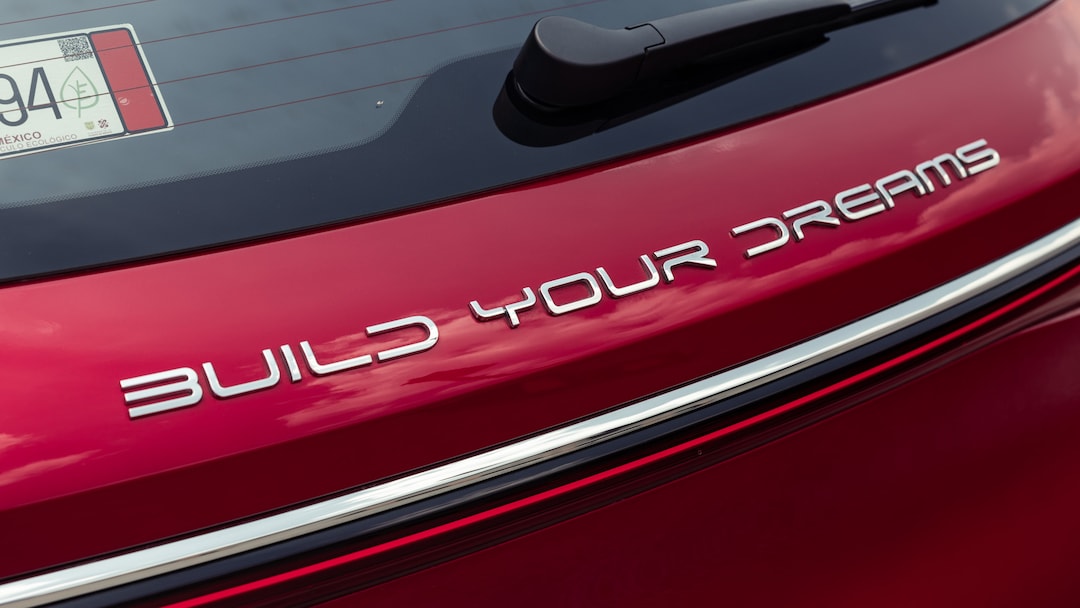U.S. Government Investigates National Security Risks from Chinese Automakers in Mexico
The United States government, under the Secretary of Commerce, is launching a probe into the emergence of Chinese automaker manufacturing presence in Mexico and its potential threat to the U.S. auto industry and national security, as announced by the White House. The investigation will assess any potential risks related to the sale of Chinese-branded or manufactured vehicles in the U.S. market. However, previous analysis indicates that any associated risks, if they exist, may be years away as Chinese vehicles could take time to appear in the U.S. market.
The Core Issue of Connected Vehicles
Here’s the key concern highlighted in the White House statement regarding the national security probe: “Most cars today are ‘connected’—they function much like smartphones on wheels. These vehicles connect to our phones, navigation systems, critical infrastructure, and the companies that produce them. Connected vehicles from China could potentially collect sensitive data about U.S. citizens and infrastructure, transmitting it back to the People’s Republic of China. Furthermore, these vehicles could be remotely accessed or even disabled.”
U.S. Commerce Secretary Gina Raimondo specifically noted the risks posed by “remote accessibility by someone in Beijing” as a significant concern in this investigation, which was noted by the Washington Post. In the past, the U.S. government has implemented defensive measures against social media companies like TikTok and communication firms such as Huawei.
The Current State of Chinese Automakers
As of now, no Chinese automakers have effectively established vehicle sales in the U.S., with the exception of Geely-owned Polestar. However, some established automakers in the U.S. do import vehicles manufactured in China. Concerns have increased regarding the potential for Chinese-branded cars to enter the U.S. market through Mexico under the USMCA trade deal among the U.S., Mexico, and Canada, bypassing the need for domestic manufacturing altogether. Nevertheless, reputable Chinese automakers in Mexico, like BYD, have repeatedly denied any plans to launch their vehicles for sale in the U.S. market anytime soon.
Global Concerns Over Vehicle Surveillance
The Chinese government has also taken similar actions against American-branded vehicles—especially Teslas—citing national security. Reports indicate that Teslas have been restricted from military bases and other sensitive sites, including airports, industrial zones, and sporting events. Additionally, the entire town of Beidaihe, a vacation spot for leaders of the Chinese Communist Party, is also off-limits to Teslas. China’s apprehensions echo those of the American government, focusing on the potential for cameras and communication technology in these vehicles to gather sensitive data about China and relay it back to the U.S.
Potential Future Actions
The White House’s statement positions the probe as a national security issue aimed at safeguarding U.S. manufacturing, jobs, and middle-class families. Currently, the government intends to take no immediate actions against Chinese brands or manufacturing, nor establish any trade arrangements. However, authorities reserve the right to restrict sales if circumstances change or the investigation identifies serious risks, as reported by the Washington Post this week.




